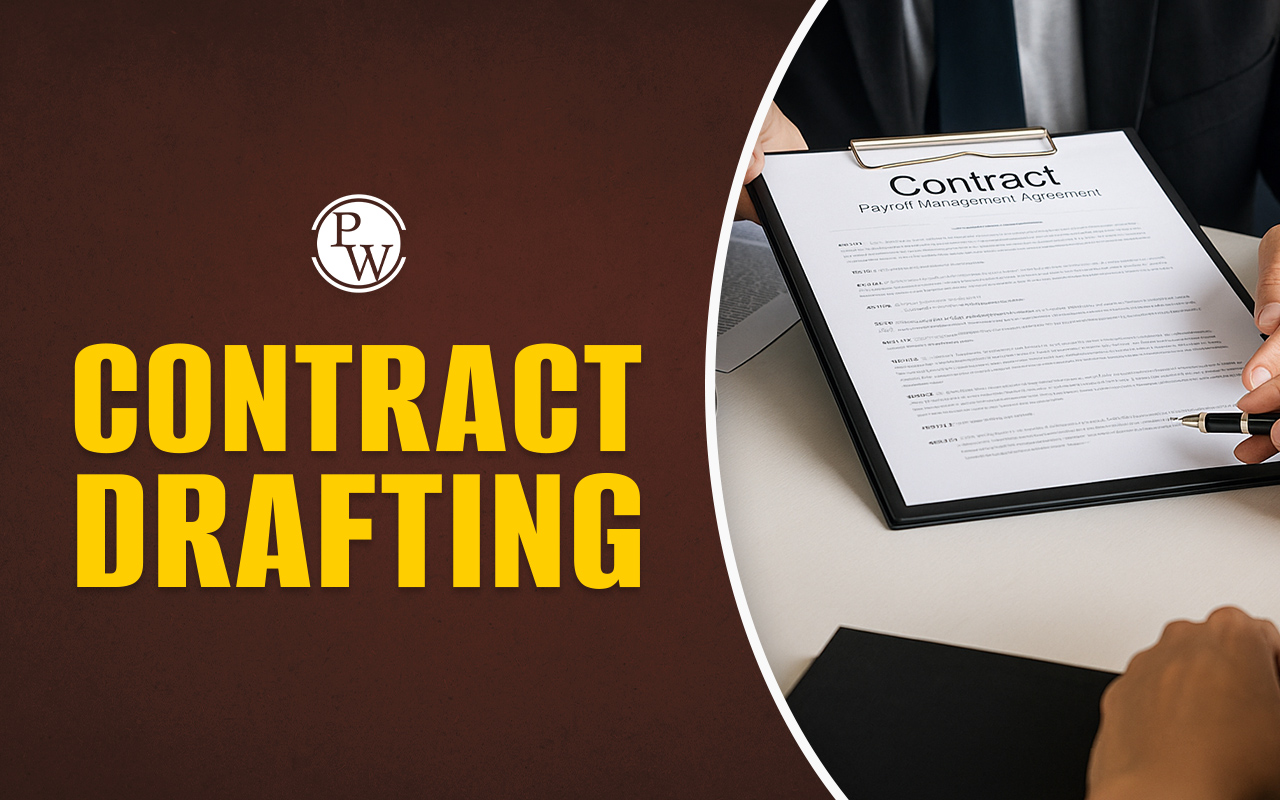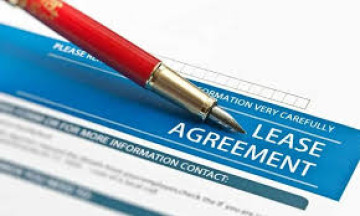Drafting Contracts That Protect You: A Comprehensive Guide
In the realm of business and personal dealings, the importance of having a well-drafted contract cannot be overstated. Every successful agreement hinges upon clarity in its terms, including payment, liability, and dispute resolution. A contract serves not only as a legal safeguard but also as a cornerstone for trust and cooperation between parties.
Relying on generic contract templates that are widely available can leave you exposed when disputes or unforeseen problems arise. These templates often lack the specificity and customization necessary to address the unique circumstances of your arrangement. Therefore, understanding how to draft contracts that effectively protect you is essential for mitigating risks and ensuring smooth business operations.
The Importance of Clear Terms in Contracts
Clarity is the foundation of any contract. Ambiguities or vague language can lead to misunderstandings, breaches, and costly litigation. The principal terms typically include payment conditions, liability clauses, and mechanisms for resolving disputes.
Payment terms should explicitly state the amount, method, and timing of payments. This prevents disagreements regarding when and how payments should be made. Liability clauses define the extent to which each party is responsible for damages or losses. Properly drafted liability provisions can limit your exposure and specify indemnification rights. Finally, dispute resolution clauses outline the procedure to follow if disagreements occur, whether through negotiation, mediation, arbitration, or court litigation.
Why Generic Templates Fail to Offer Adequate Protection
Generic templates are designed for broad applicability and often overlook the nuances of individual transactions. They may omit critical provisions or include overly broad language that could disadvantage one party. Such contracts might not address jurisdictional issues, comply with current laws, or reflect the parties' intentions accurately.
Additionally, generic templates do not account for future contingencies, industry-specific regulations, or the particular needs of your business or personal agreement. Relying on these templates without proper legal review may result in unenforceable clauses or unexpected liabilities.
Key Elements to Include in Your Contracts
- Identification of the Parties: Clearly state the full legal names and contact details of all parties involved in the contract.
- Detailed Description of Goods or Services: Specify what is being exchanged or provided, including quality, quantity, and delivery terms.
- Payment Terms: Include the amount, payment method, schedule, late payment penalties, and any conditions for payment withholding.
- Duration and Termination: Define the length of the contract and conditions under which the agreement may be terminated.
- Liability and Indemnity: Outline responsibilities for damages, limits of liability, and indemnification provisions.
- Confidentiality Clauses: Protect sensitive information shared between parties.
- Dispute Resolution: Set forth how conflicts will be handled, including jurisdiction and venue.
- Force Majeure: Explain circumstances beyond control that excuse non-performance, such as natural disasters or pandemics.
- Amendments and Notices: Describe how changes to the contract are made and communicated.
- Applicable Law: State which jurisdiction's laws will govern the contract.
The Contract Drafting Process: Best Practices
Drafting an effective contract involves more than just filling out a form. Consider the following best practices to enhance the enforceability and clarity of your agreements:
- Engage legal professionals specializing in contract law for tailored guidance.
- Ensure the terms reflect the true intention and understanding of all parties involved.
- Use clear, unambiguous language to reduce interpretation disputes.
- Review and revise the draft multiple times before finalizing.
- Confirm that all parties sign the contract and retain copies for records.
- Avoid unilateral contracts unless expressly intended.
- Include severability clauses to maintain contract validity even if some provisions are invalidated.
- Be wary of incorporating external documents without reviewing their compatibility with the contract.
Common Mistakes to Avoid When Drafting Contracts
Many contracts fail because of overlooked details or poor drafting habits. Being aware of common pitfalls can help you avoid them:
- Using overly complex legal jargon that confuses non-lawyers.
- Omitting essential terms, such as payment schedules or deadlines.
- Failing to specify dispute resolution methods.
- Neglecting to define key terms within the contract.
- Not updating the contract to reflect changes in law or business circumstances.
- Ignoring the importance of signatures and witnesses where required.
- Assuming verbal agreements or emails supersede written contracts.
- Rushing to sign without thorough review.
Why Review Before Signing is Critical
Many parties rush to sign contracts under the pressure of deadlines or trust in the other party's intentions. However, the review process is crucial to identify potential issues and clarify uncertainties. Signing a poorly drafted contract can expose you to financial loss, legal liabilities, and damaged relationships.
A detailed review involves checking for consistency, alignment with negotiated terms, and compliance with relevant laws. It is advisable to have contracts reviewed by qualified legal counsel before execution. If changes are needed, negotiate amendments before signing rather than attempting to resolve disputes afterward.
How Professional Legal Assistance Enhances Contract Security
Engaging legal professionals, such as the experts at Юридичний Маркетплейс КОНСУЛЬТАНТ, ensures your contracts are carefully tailored to your specific needs and legally sound. These professionals keep abreast of the latest legal developments and industry standards, integrating them into your agreements.
Contract lawyers can help you identify risks early, draft protective clauses, and facilitate negotiations. Their expertise minimizes the likelihood of disputes and strengthens your legal position in case of conflicts.
When to Seek Legal Help
You should reach out for legal assistance if you are:
- Entering into complex agreements involving large sums or sensitive information.
- Unsure about the legal implications of contract terms.
- Negotiating multi-party or international contracts.
- Dealing with contracts in specialized industries requiring compliance with specific regulations.
- Planning long-term or high-risk transactions.
- Facing disputes or breaches that require expert evaluation.
How to Get in Touch With Юридичний Маркетплейс КОНСУЛЬТАНТ
For professional legal consultation and contract drafting services, you can contact Юридичний Маркетплейс КОНСУЛЬТАНТ through the communication channels available in our bio or by sending a private message. Our team is dedicated to providing comprehensive support tailored to your unique situation and ensuring your agreements protect your interests robustly.
Drafting contracts that protect you is an indispensable practice in today's complex business and legal environment. Every deal requires clearly defined terms encompassing payment, liability, and dispute resolution to avoid misunderstandings and costly litigation.
Generic templates fall short of providing adequate protection because they lack customization and may not address essential legal nuances. Incorporating key elements and adhering to best drafting practices enhance the enforceability and clarity of contracts. Equally important is a thorough review before signing to safeguard your rights and interests.
Engaging the legal expertise of Юридичний Маркетплейс КОНСУЛЬТАНТ can significantly elevate the quality and security of your contracts. Do not hesitate to seek professional assistance to ensure that your agreements are comprehensive, precise, and tailored to your needs.
Юридичний Маркетплейс КОНСУЛЬТАНТ — your trusted partner in legal contract drafting and review, specializing in comprehensive legal services to protect your business and personal interests against unforeseen issues and disputes.































